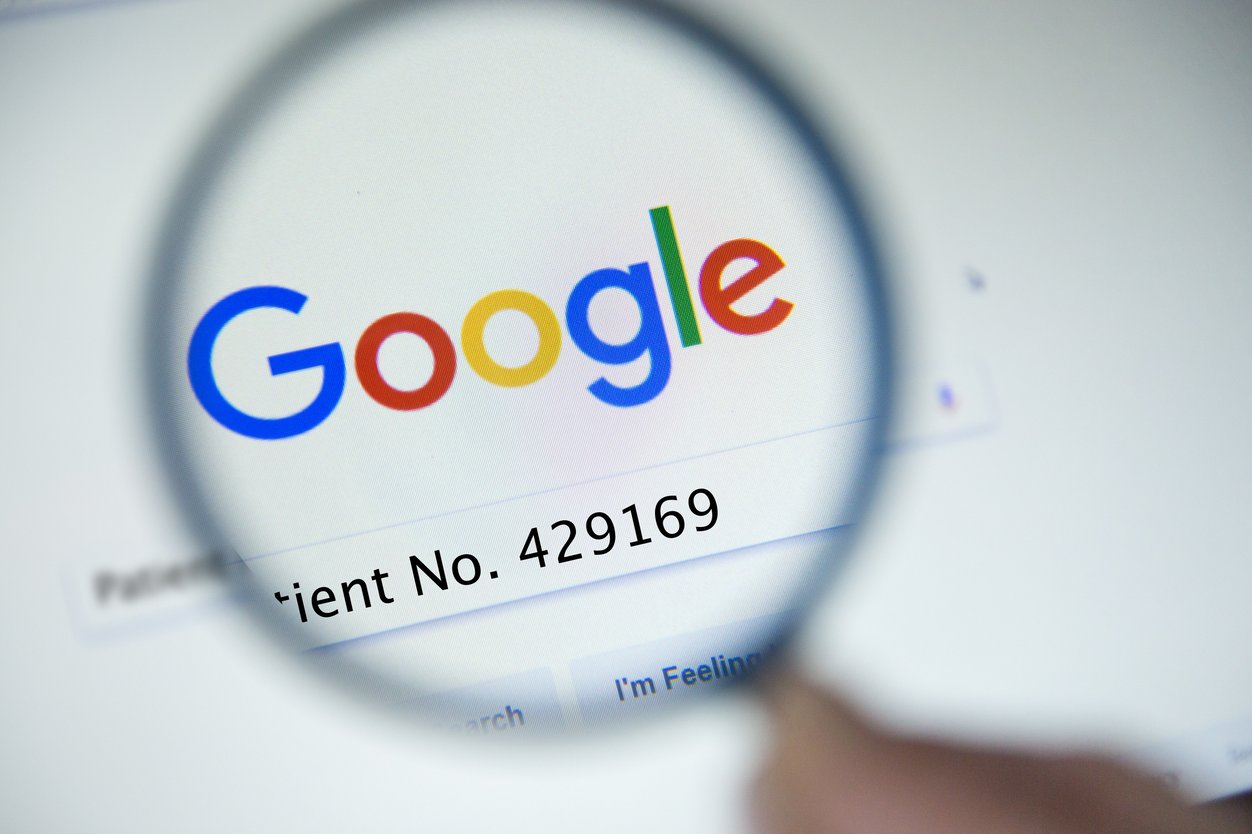Artificial Intelligence
Psychiatric medications leave many people with mental illness behind. Can AI change that?
“That barrier that we often put in front of ourselves, saying a brain is too complex to make progress, is really patently false. Because right now we're doing nothing, right? So if you just do a little something, and you link it … back to the translational models, forward to commercial models, that actually will have a huge impact. Because our floor is literally the floor, right? To do better than random chance feels like it shouldn't be that hard.”
At a BIO panel moderated by STAT’s Torie Bosch yesterday, Amit Etkin, founder of Alto Neuroscience, argued that it’s time for a paradigm shift in how we develop drugs for mental illness. Instead of the current approach — in which people are grouped largely by symptoms — he envisions a future in which diagnoses are broken down by biomarkers. Identifying these biomarkers, and then developing drugs to target them, is increasingly possible with machine learning, he said.
When asked if he worried the idea was overhyped, he said right now, we're doing nothing. “A step above nothing, systematizing the measurement of something and building on that, that’s going to derive value. That’s going to derive value for our preclinical colleagues. They now know that that subtype of depression is different from this subtype. … It’s going to derive value for our commercial colleagues, for payers, regulators. It’s an anchor and then we build out from there."
Big data
Google's generative AI is coming to health systems
 Adobe, Hyacinth Empinado / STAT
Adobe, Hyacinth Empinado / STAT
Google has struck a deal with Mayo Clinic and other health systems to embed its generative AI into their platforms, giving them access to a super-charged search tool designed to mine health records. Mayo Clinic's chief technology officer, Vish Anantraman, said the hope is to get Google’s powerful AI engine to run on Mayo’s data, so that it can more quickly deliver granular details about patients that often get lost in far-flung systems.
“Health care is crying for us to be able to search across multi-modal types of data, whether that’s imaging, genomic, or unstructured data,” he told STAT.
Health systems are eager to use the powerful form of AI, and Google and competitors like Microsoft are vying for that business. But it remains to be seen whether the tech will produce enough benefits to justify the costs.
“Doctors are still waiting for AI to help us,” said Mozziyar Etemadi, a physician who builds AI models for use at Northwestern Medicine. “I’m still sending faxes. I’m still sending pages. I’m still taping stuff onto whiteboards as part of my practice.” Read more here.
Fundraising
$13 million for workforce management software
Laudio, which produces software that helps managers in health care settings keep tabs on nurses, technicians, and other staff, announced a $13 million Series B round led by Define Ventures.
Laudio’s software, which integrates with common tools like Microsoft Outlook, helps managers automate administrative tasks like employee rounding and checking overtime and analyze what’s happening in the workplace. It can also flag issues — such as a seasoned nurse being on repeated shifts with newer employees — that managers can use to address common problems like burnout.
Laudio has 20 health system customers and will use the new funding to build the business and new technology, like integrations into Epic’s EHR. The company also hopes to build out tools to help automate performance appraisals. CEO Russ Richmond said that employees shouldn't fear a tool robotically making decisions about their workplace. Rather, the tool enables better communication with overworked managers.
"What folks want is real human connection, and what these managers need is a place to start,” he said, adding: “I don't see a world where workers want or desire some kind of chatbot managing them. What they want is their managers managing them, and they're very supportive and accepting of those managers using the most contemporary tools and technology available to be better at it.”



